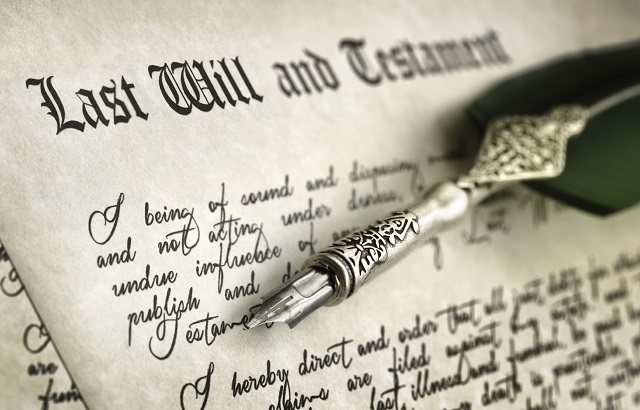Law firm Boodle Hatfield has found that more people are trying to claim a bigger share of estates in UK high court disputes.
According to Ministry of Justice data, the high court saw 188 cases issued in 2019 by individuals claiming to be entitled to a share, or larger share, of a deceased’s estate.
This was an increase of 47% on the 128 claims issued in 2018 and is an all-time high.
The firm says that as the average size of estates has increased over recent years, challenging the size of an inheritance is now “a much more attractive prospect for some heirs”.
It also alluded to the increase in cohabiting couples as another contributing factor to the rise in inheritance disputes.
This is because unmarried couples that live together are not automatically entitled to a share of the other’s estate unless the deceased has made a will in their favour, which can lead to them pursuing a claim in court in order to inherit from their deceased partner.
Complex family structures
Mark Lindley, partner at Boodle Hatfield, said: “Challenging an estate has become increasingly common, with higher estate values making it more worthwhile for spouses, partners, children and other potential claimants to seek a bigger slice of that pie.”
“More complex family structures, with unmarried partners, or second or third spouses with children from previous relationships, can create a web of competing claims on a person’s estate. It can be hard for testators, particularly where most of the value is tied up in a property, to manage these competing claims and avoid disappointment.”
“While some claims make it all the way to court, there are a great many more that are compromised or abandoned long before that stage.
“Making a claim for a greater share of an estate may be less challenging if you were genuinely dependant on the deceased financially during their lifetime. However, more distant or estranged claimants will find it a lot harder to obtain a meaningful share of an estate.”
Post-coronavirus rise
But disputes around inheritance especially in the trust and estates industry may be hugely affected by the coronavirus pandemic.
Covid-19 has inevitably resulted in people reconsidering their personal affairs especially in relation to their wills and the transfer of their wealth.
However, people have been facing unprecedented difficulties and some decisions may have been made in haste.
What then does this mean for the future of trust and estate disputes?
Scope for disputes
Emily Mailer, partner specialising in trusts and estate disputes at law firm Howard Kennedy, told International Adviser that “there may be an increase in disputes”.
The disputes will involve several “key areas”, which are:
- People have been urgently reviewing their wills or may even have signed homemade wills. This could lead to an increase in claims against the validity of wills;
- If a will was made in haste, did the testator give proper consideration to potential claims against their estate? If not, this could give rise to an increase in claims under the Inheritance (Provision for Family and Dependants) Act 1975 for reasonable financial provision;
- There may be an increase in disputes between executors and beneficiaries in the course of estate administration;
- The acts of trustees may also be called into question; and
- Growing pressure on trustees to make distributions, may increase scrutiny by other beneficiaries.
Mailer added: “Clients should be encouraged to review any measures they may have put in place in haste as soon as practically possible.
“However, it seems likely that there is scope for trust and estate disputes to increase in the months and years to come.”








